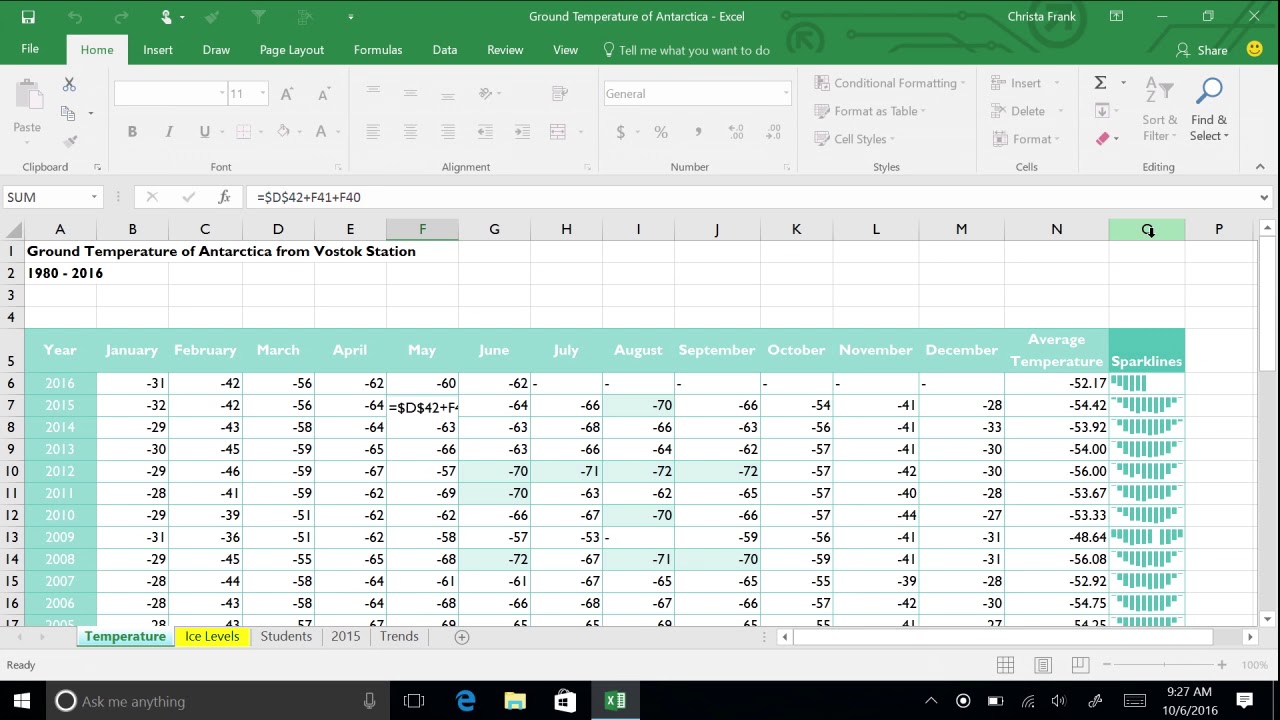5 Tips for Balancing Paperwork in Your Daily Life

Introduction

In today’s fast-paced world, managing paperwork effectively has become essential for maintaining productivity and peace of mind. Whether you’re handling personal affairs or dealing with professional documentation, staying organized can drastically reduce stress and improve efficiency. Here are five essential tips for managing your paperwork so that it doesn’t manage you.
1. Use a Dedicated Filing System

The first step to mastering paperwork is establishing an organized filing system. This can range from a simple two-drawer file cabinet to elaborate color-coded systems or digital solutions:
- File Cabinets: Invest in a good quality file cabinet or a series of hanging file folders. Label each section for different categories like bills, insurance, health records, taxes, etc.
- Digital Filing: For a more modern approach, use cloud-based storage solutions like Google Drive or Dropbox. Scan your documents and organize them into folders.
- Hybrid System: Combine both physical and digital storage, keeping only the most essential documents in physical form for quick reference.
📂 Note: Regularly back up your digital files to prevent loss of important data.
2. Implement the “One Touch” Rule

The ‘One Touch’ rule suggests that you should handle each piece of paperwork only once. When you receive a document:
- File it - If it’s something you need to keep.
- Act on it - If it requires immediate action, schedule it.
- Trash it - If it’s not necessary, dispose of it immediately.
This prevents the accumulation of paperwork and keeps your desk clutter-free. Implementing this rule reduces procrastination and helps manage tasks effectively.
3. Regularly Schedule Sorting Sessions

Set aside time each week for sorting through paperwork:
- Weekly Sorting: Choose a day or time when you can go through all incoming documents, sort them, and act on them accordingly.
- Monthly Check: Dedicate a few hours each month to review files, purge outdated documents, and ensure everything is where it should be.
By scheduling these sessions, you’ll ensure that your system remains current and manageable.
4. Prioritize and Digitize

Not all paperwork needs to be kept in its original form:
- Prioritize: Determine which documents are critical and need to be kept in physical form for legal or emergency purposes.
- Digitize: Scan documents that do not need to be kept physically. Use OCR (Optical Character Recognition) software to make them searchable.
A table for commonly digitized documents might look like this:
| Document Type | Paper | Digital |
|---|---|---|
| Receipts | Keep for a short period | Scan and archive |
| Bank Statements | File original, shred after a year | Download monthly PDF |
| Medical Records | Keep critical documents | Scan and secure |

By prioritizing which documents to keep and digitizing others, you reduce clutter and make document retrieval much simpler.
5. Set Reminders and Use Automations

Leverage technology to manage deadlines and important dates:
- Set Reminders: Use calendar apps to remind you of upcoming due dates for bills, renewals, or paperwork completion.
- Automations: Utilize software that automates routine paperwork tasks like bill payments or subscription renewals.
By setting these reminders and automations, you ensure that important documents are acted upon timely without constant manual follow-up.
Recapitulation

Balancing paperwork in daily life can significantly enhance your productivity and reduce stress levels. By implementing a dedicated filing system, using the one-touch rule, scheduling regular sorting sessions, prioritizing what to digitize, and setting reminders, you can master the art of managing documents. These practices not only keep your work and personal life in order but also streamline your daily operations, allowing more time for what truly matters.
How often should I sort through my paperwork?

+
It’s advisable to sort through your paperwork at least once a week, with a deeper clean once a month. This helps manage and keep your paperwork under control.
What should I do with documents that must be kept for legal reasons?

+
Legal documents should be kept in a secure, fireproof safe or a safe deposit box at a bank. Also, digitize these documents and back them up for safety.
Is it safe to digitize all my paperwork?

+
While digitization is highly convenient, not all documents are safe to digitize due to privacy or legal requirements. For instance, some legal documents need originals for court or official purposes. Always ensure your digital files are backed up securely, using encrypted storage solutions when dealing with sensitive information.



